What to do if you have a ‘Scaredy Cat’!
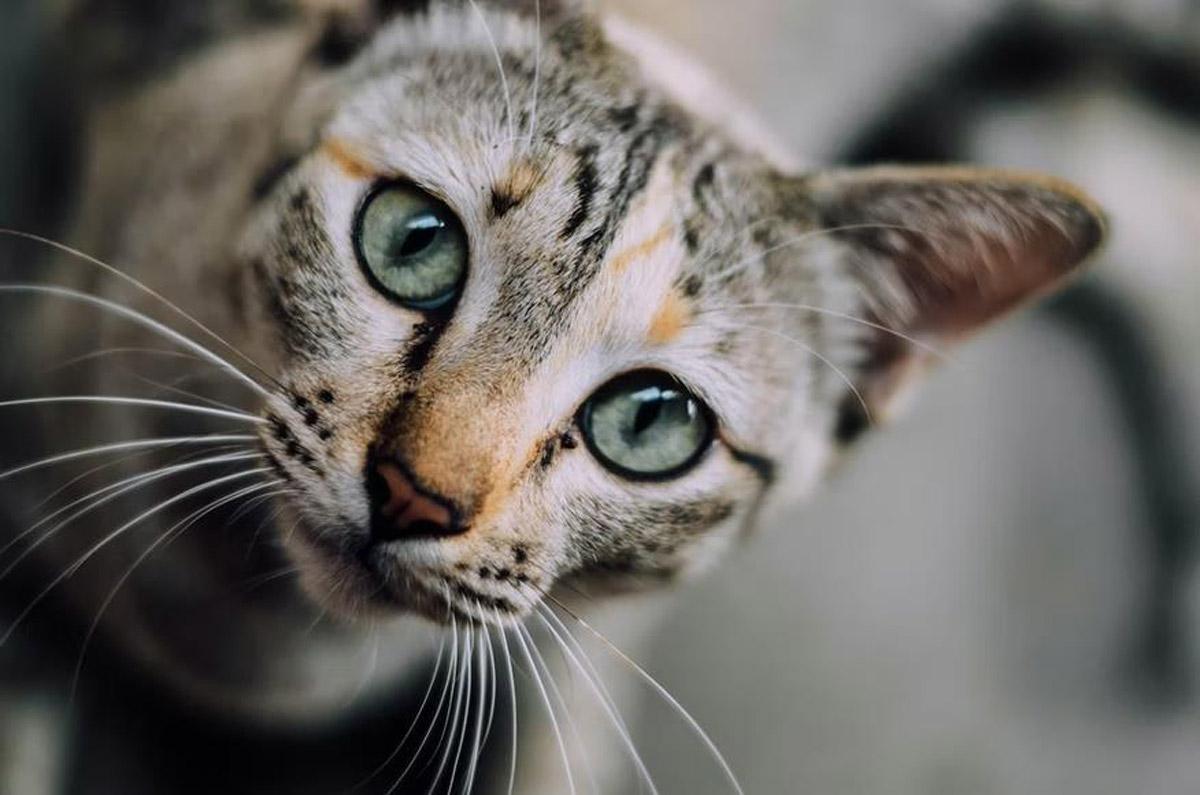
Source: Chaiyaporn Atakampeewong on Unsplash
If you’re a cat-owner, chances are you’ve seen your cat leap into the air or bolt into the next room after being startled.
Cats, being the sensitive balls of fluff they are, are extremely attuned to their senses and surroundings. This makes the occasional startle expected. However, if you’ve noticed that your cat is often in a stressed or fearful state, it may be pointing to signs of feline anxiety.
Symptoms of feline anxiety include:
- High Heart and Respiratory Rate
- Trembling, Panting or Salivating
- Withdrawal and hiding
- Becoming less active
- Trying to escape
- Destructive or aggressive behaviour
- Diarrhea
- Failure to use the litter box
- Sores and lesions resulting from over-grooming
- Lethargy and Lack of Appetite
In serious cases, a veterinarian’s opinion should be consulted. But, in mild cases, you may just have a ‘Scaredy Cat’. There are plenty of ways to help alleviate stress for your skittery friend. Here are our top 3 tips for dealing with a Scaredy Cat!
Create a Safe Space
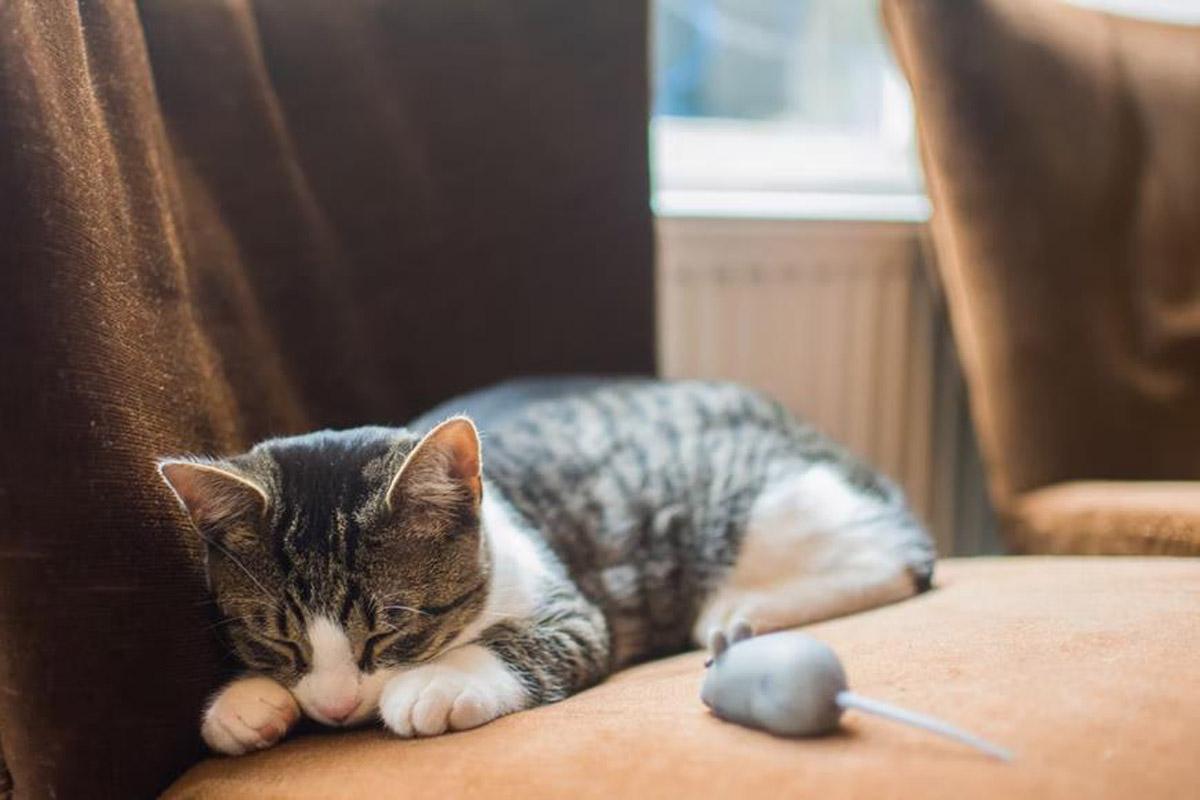
Source: Lodewijk Hertog on Unsplash
If you’ve just brought home a scared cat, or have noticed your cat is experiencing a stressful period, dedicating a space in your home, such as a bedroom, to your cat’s comfort may be necessary. Cat-ify the space with cat beds, a cat tree, accessories, food, water and a litter box. Keep the door closed if necessary, to keep the chaos of the rest of the household at bay.
Giving your cat their own territory to relax in may help their nerves.
Over time, it’s a good idea to create more of these spaces around your home. Try placing a cat tree by the window in one room, and engage her with toys in the other. By doing this, and spreading out cat-friendly spaces, you will also avoid your cat becoming extremely territorial over a single space or extremely stressed when outside in the rest of your home.
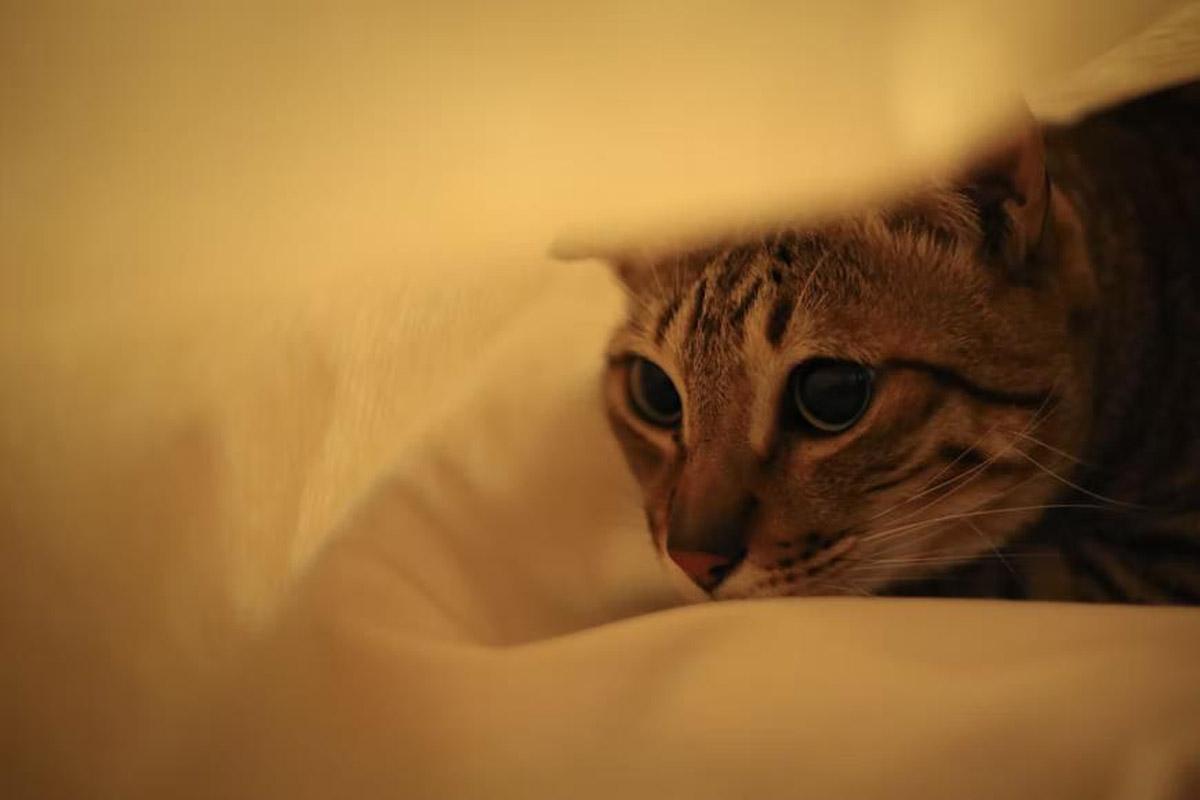
Source: De an Sun on Unsplash
Pheromone sprays or diffusers for cats may be very helpful in creating a peaceful environment for cats, especially in multi-pet, or busy households.
Pheromones are chemical signals that animals secrete to communicate ‘messages’ or affect the behaviour of another. These diffusers mimic cat pheromones that communicate these messages of safety or belonging, which in turn, relaxes your pet.
For example, the popular Feliway diffuser mimics feline facial pheromones, which are those that cats leave behind when they rub their heads against furniture. These pheromones help to create a sense of comfort and familiarity for your cat, to alleviate their stress or suspicion.
Use Positive Reinforcements
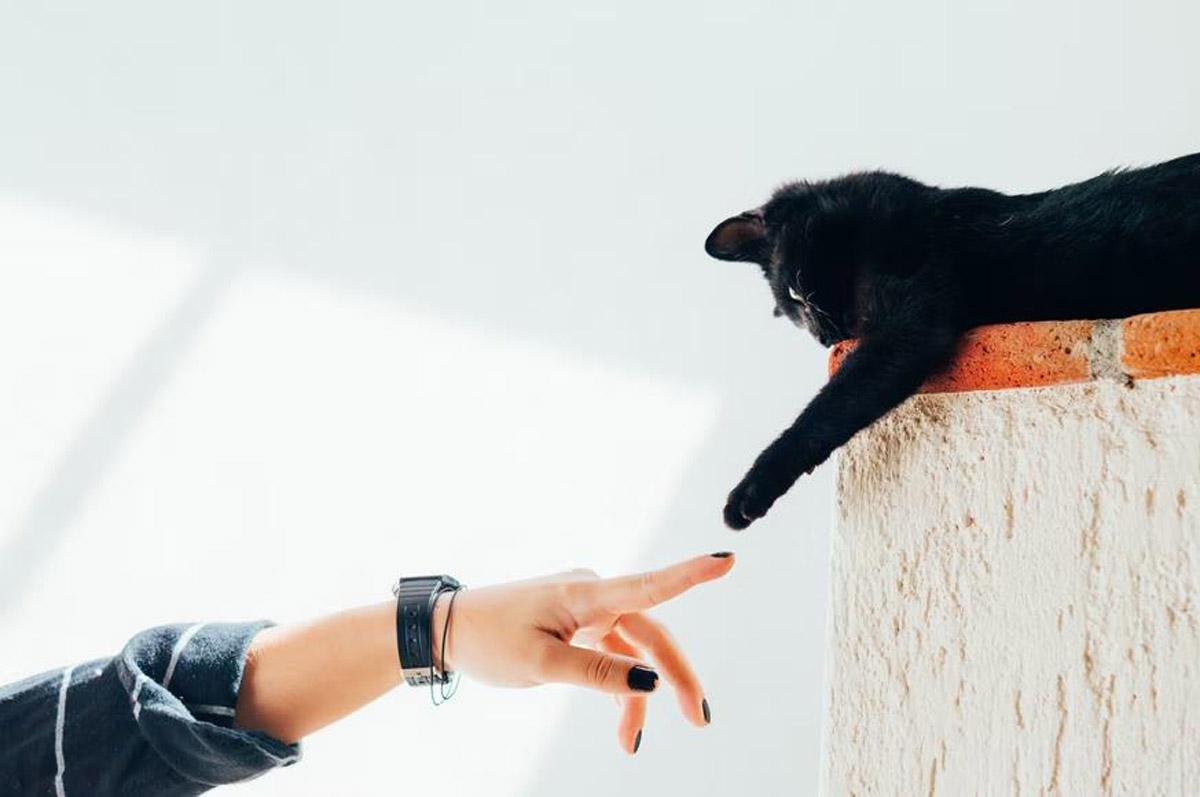
Source: Humberto Arellano on Unsplash
Oftentimes, cats are at their most anxious when there is a change in environment, like shifting your work schedule, moving furniture around or having a friend over.
Consider giving your pet treats if they wander into the room your friend is in, or give them a few relaxing strokes. By having a reward system in place during times that would stress your cat out, you can build positive associations between being treated and the ‘scary’ event.
This way, your cat can gain confidence in the same situation, next time!
Spend Time Together
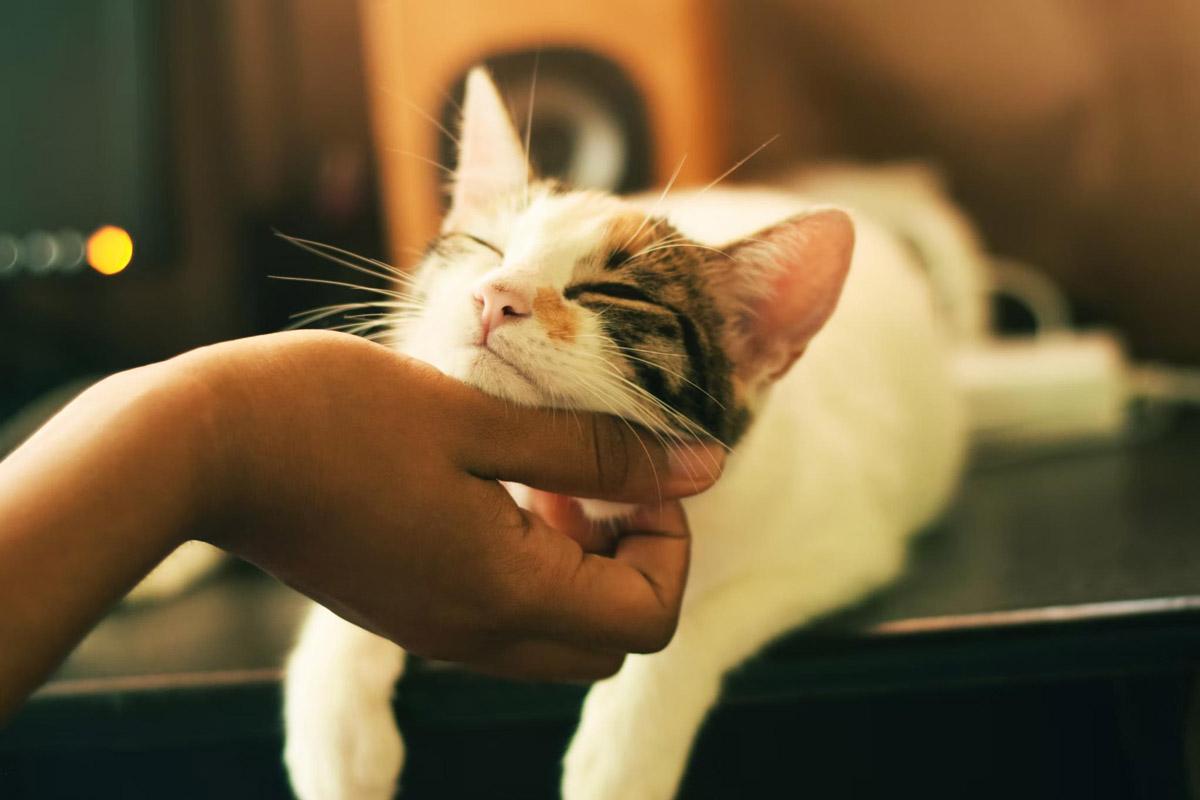
Source: Yerlin Matu on Unsplash
Coaxing your cat into some personal time together, whether that’s petting or playing with them, can have great effects on the overall comfort and demeanor of your cat.
Socialisation is especially important for new cats or kittens. Encouraging your scaredy cat if they appear to come out of hiding or in a playful mood can help you win bonding time for both you and your pet.
You could also treat your cat after each attempt to bond and play, for more encouragement.








